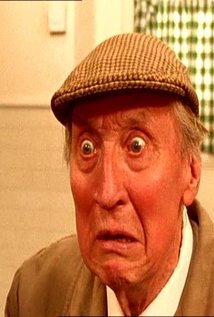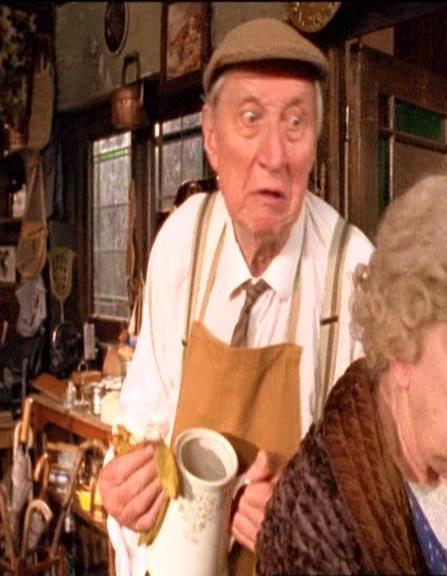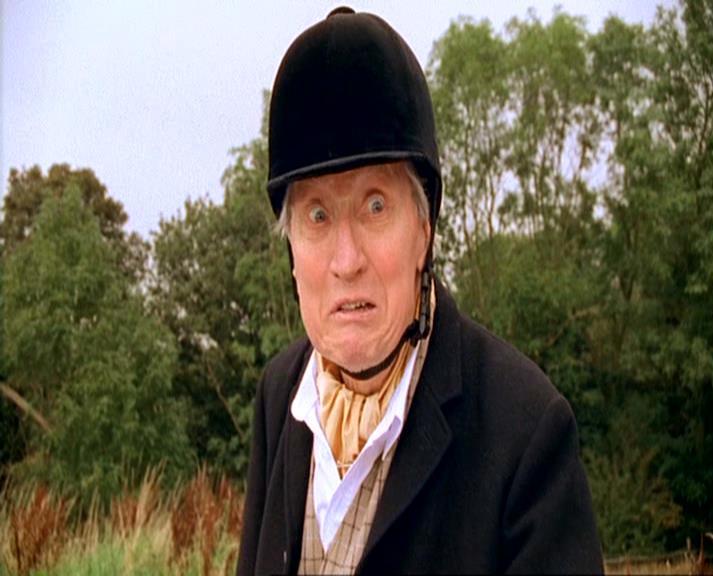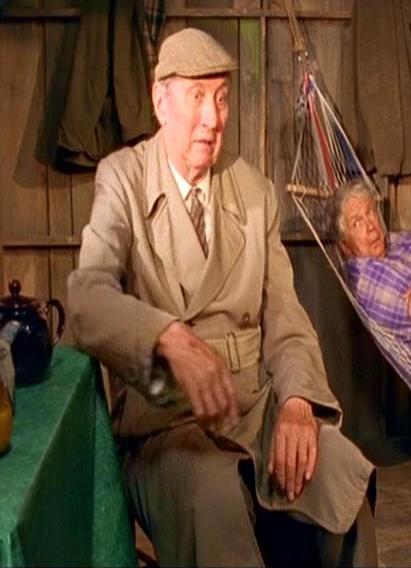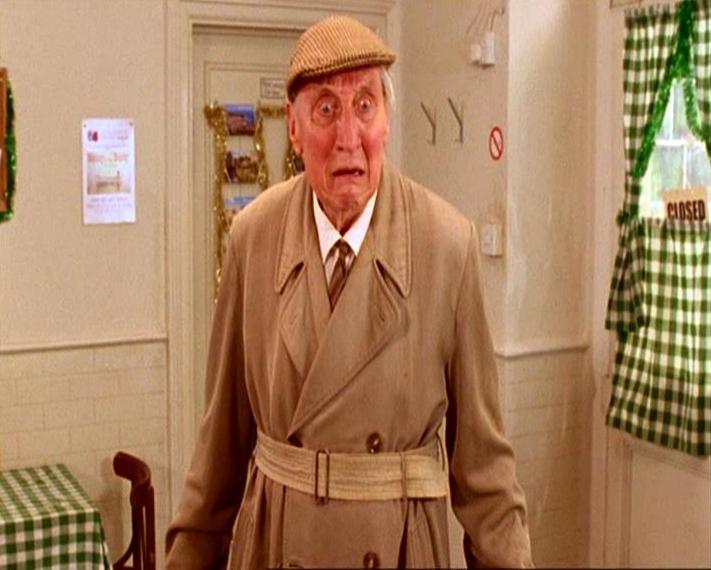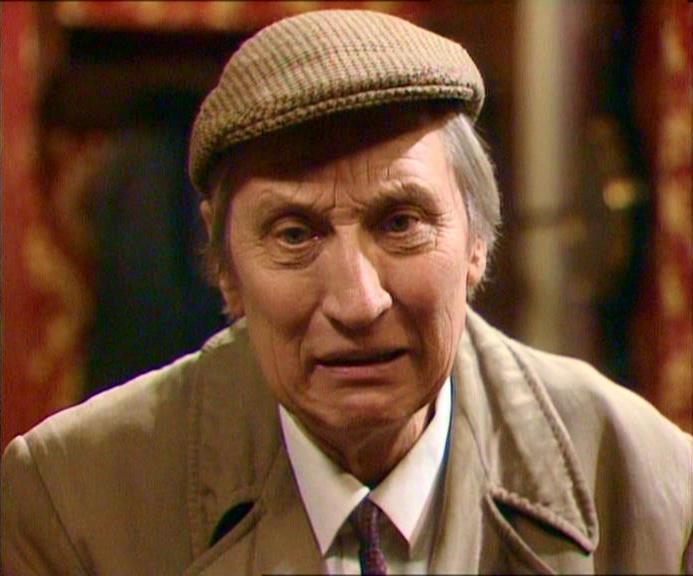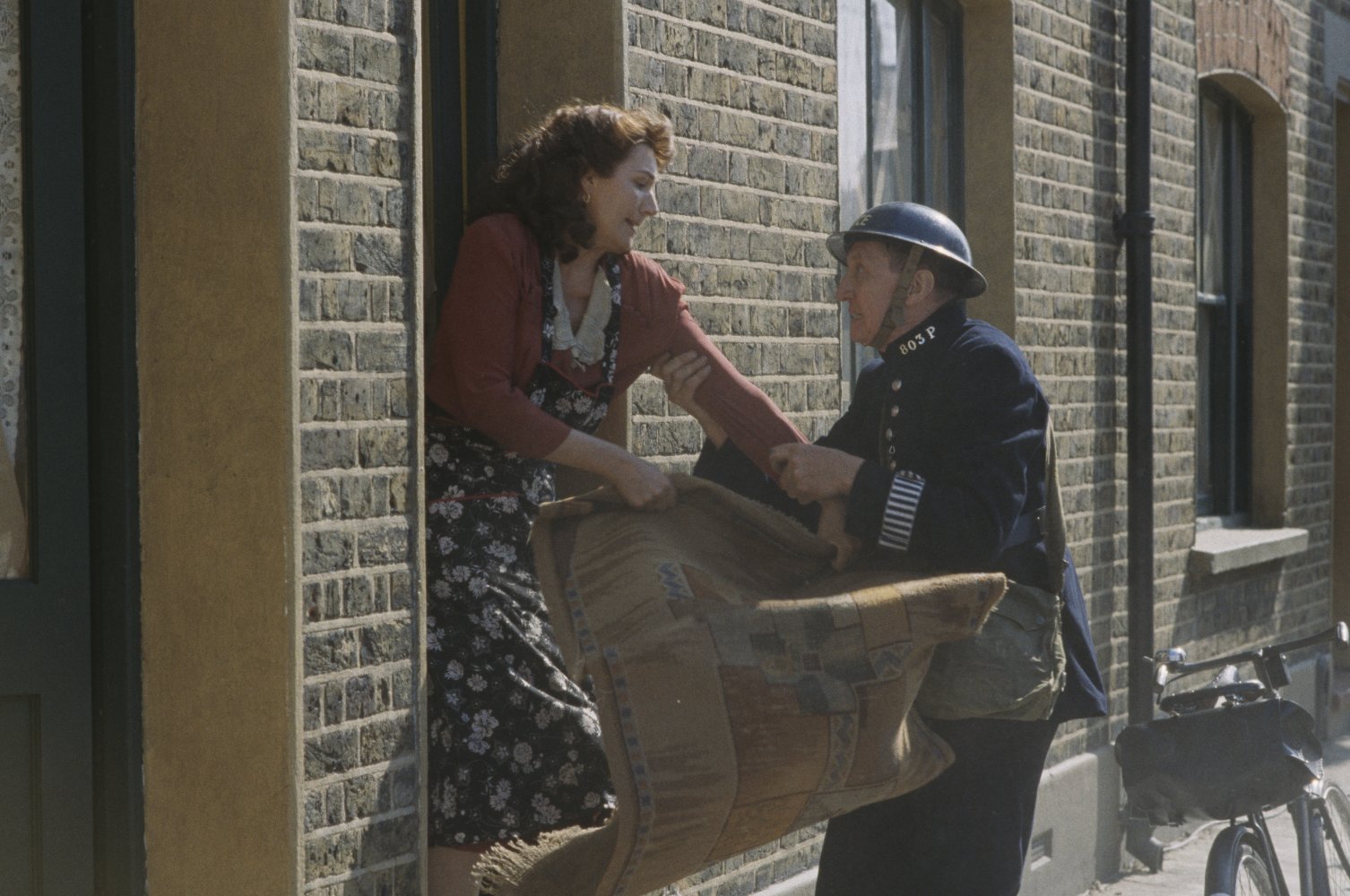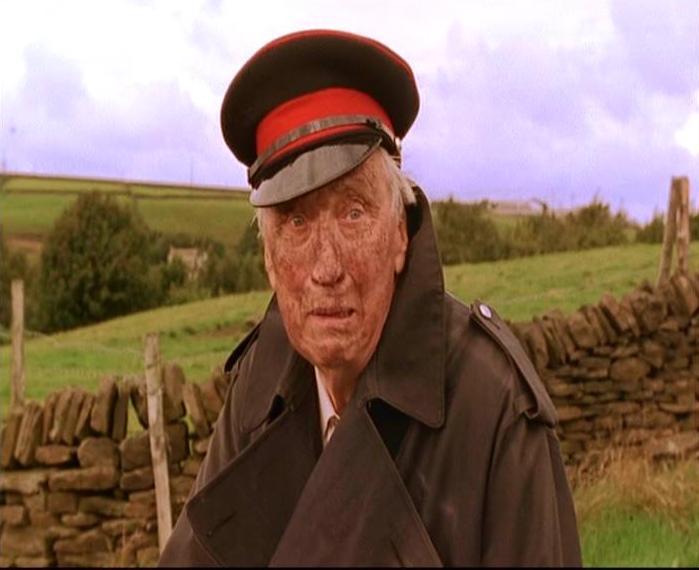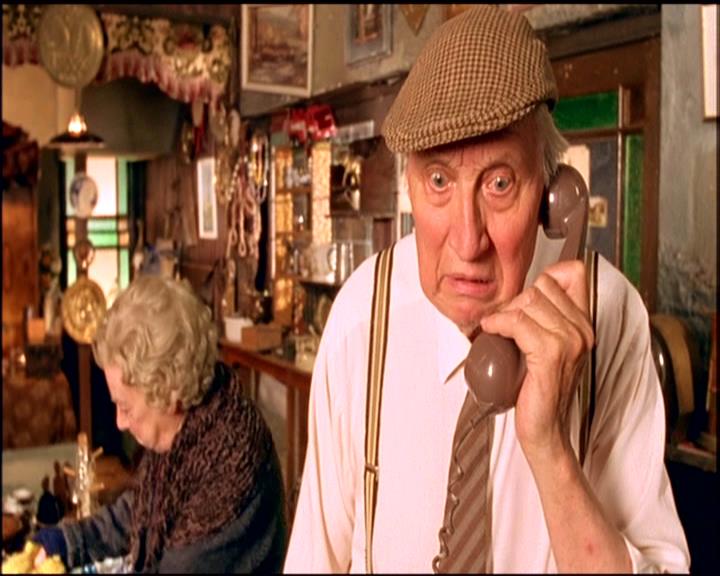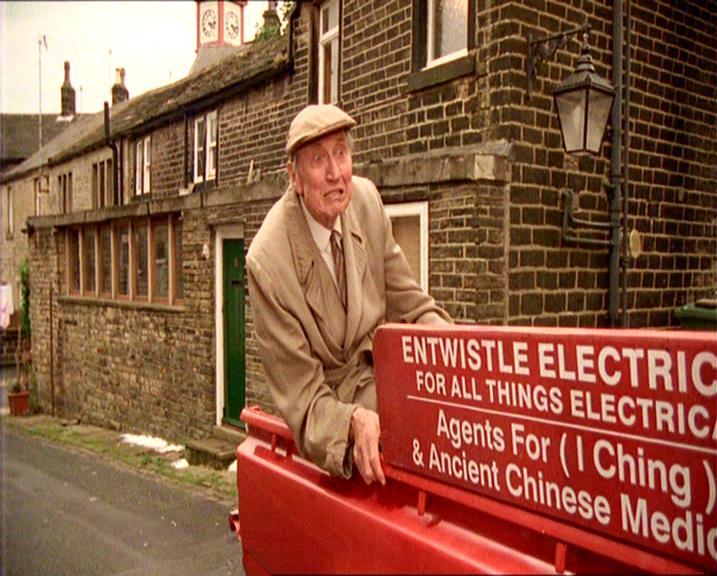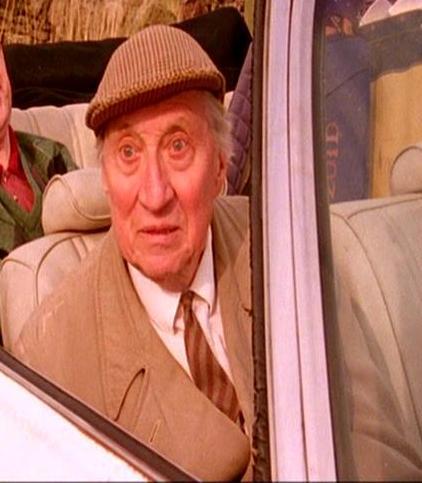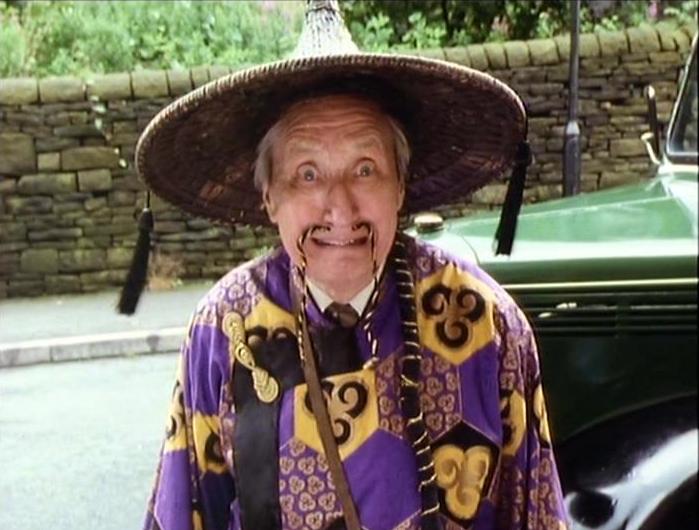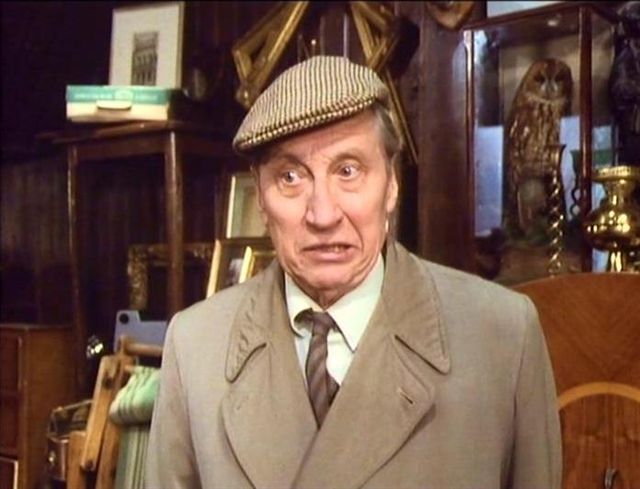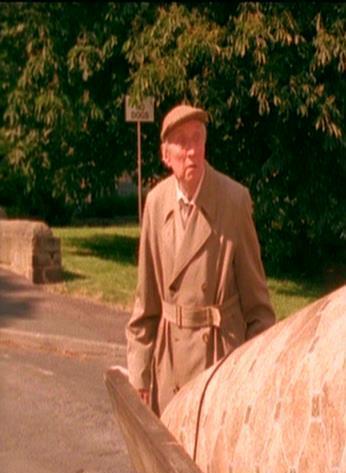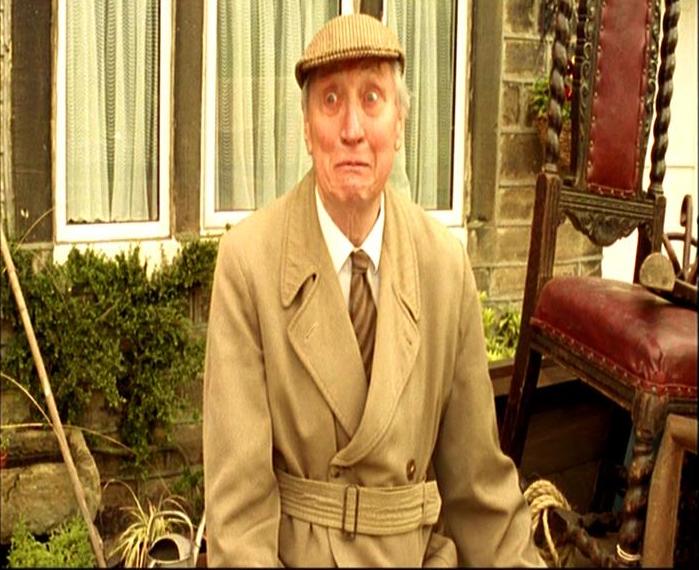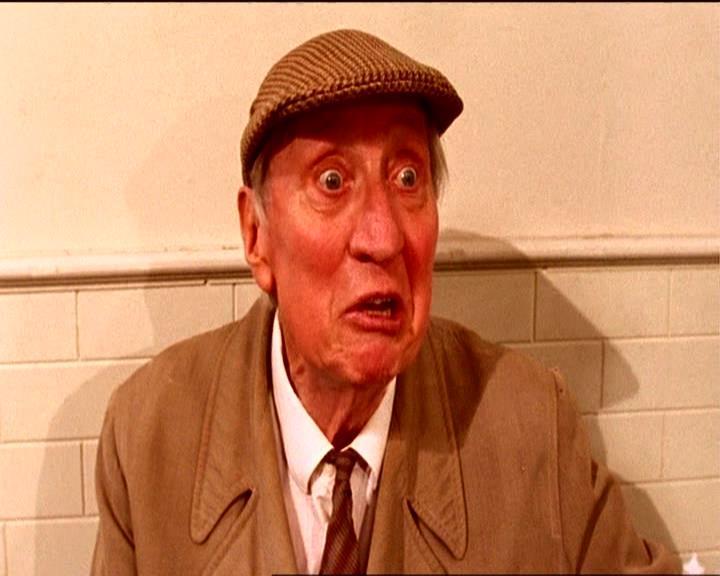Stephen Lewis, will be chiefly remembered for the comedy catchphrase: "I 'ate you Butler!" He delivered it week after week in the hit sitcom On The Buses, a saucy slice of life that ran on ITV from 1969 to 1973. Lewis was Cyril "Blakey" Blake, a bus inspector with a Hitler moustache and delusions of grandeur. His nemesis wa...
Show more »
Stephen Lewis, will be chiefly remembered for the comedy catchphrase: "I 'ate you Butler!" He delivered it week after week in the hit sitcom On The Buses, a saucy slice of life that ran on ITV from 1969 to 1973. Lewis was Cyril "Blakey" Blake, a bus inspector with a Hitler moustache and delusions of grandeur. His nemesis was Stan Butler, a driver played by Reg Varney, who used his route as an opportunity to pick up stray "birds". By today's standards of television, On The Buses has all the subtlety and political correctness of cave drawings. But it was wildly popular, and Lewis's comic timing reflected a considerable acting talent. Lewis entered acting in an era of social mobility that is almost inconceivable today. He was born in Poplar, East London, on December 17 1926. His first job was as a merchant seaman; he reconsidered his vocation after he was persuaded to go to a performance of the experimental Theatre Workshop group run by the brilliant Left-wing director Joan Littlewood. After the performance, the audience was invited on to the stage to meet the cast and discuss the play. Lewis enjoyed the experience and, after turning up to others, got to know the Workshop well. Eventually, Littlewood, perhaps exasperated by Lewis's suggested stage directions, said: "You're so blooming clever, why not do it yourself?" He agreed, auditioned and was offered a part. After a successful run, Littlewood asked Lewis if he would like to stick with the company but he said he wanted to return to the sea. The director persuaded him to stay on the stage and he made his West End debut in Brendan Behan's The Hostage in 1958. In 1960, he wrote Sparrers Can't Sing, a play about life in the East End that relied heavily on actors' improvisations. It was a success and was released as a film (Sparrows Can't Sing) in 1963, with a cast that included Barbara Windsor and Roy Kinnear - although even their talents could not sell the social realist dialogue to a global audience. The New York Times sniffed: "This isn't a picture for anyone with a logical mind or an ear for language. The gabble of Cockney spoken here is as incomprehensible as the reasoning of those who speak it." It was the first English-language film to be released in the US with subtitles. Throughout the 1960s, Lewis took a series of small roles culminating in a large part in the 1969 television play, Mrs Wilson's Diary, alongside another Theatre Workshop regular called Bob Grant. That same year, he landed a role in a new series called On the Buses, which also featured Grant as a lascivious bus conductor teamed up with Reg Varney, his equally Dionysian mate. Although the show was undoubtedly rude, crude and occasionally prejudiced, it offered genuinely witty reflections on the nature of 1970s class conflict. In the world of On the Buses, workers were constantly on strike and after more money; managerial characters such as Lewis's Blakey were exploitative snobs who thought they had authority just because they wore a badge. It was plain where the audience's sympathies were supposed to lie: many was the time that a bus "hilariously" ran over poor Blakey's foot or a bucket of water was tipped over his head. The cry: "I 'ate you Butler" was born of impotent rage. Although Varney the actor was Lewis's senior, it was still Varney's character, Reg, that got all the "crumpet". Lewis was only in his early forties when he took the role of Blakey, but playing ageing authority figures became his stock in trade. In the 1970s, he appeared in the television sequel to On The Buses, Don't Drink the Water, three big-screen outings of On The Buses and two cinematic sex comedies (Adventures of a Taxi Driver, Adventures of a Plumber's Mate). He later had parts in the films Personal Services (1987) and The Krays (1990). In 1988, he played a new character in the long-running BBC series Last of the Summer Wine - Clem "Smiler" Hemmingway - which he thoroughly enjoyed. "It's got so much charm," he said of the show. "I don't think any other country in the world has comedy like that." From 1995 to 1997, he appeared in the equally gentle sitcom Oh, Doctor Beeching! In 2007, he stepped down from Last of the Summer Wine because of ill health. Stephen Lewis remained a committed socialist. In a stroke of irony, however, in 1981 he was hired to promote CH coaches, in the character of Blakey; it was the first private bus company to break the public transport monopoly of Cardiff city council. This was exactly the kind of Thatcherite revolution of which Blakey would probably have approved. In his diaries, Tony Benn recalled campaigning with Lewis in 1984, describing him as "very direct" and "extremely amusing". He lived until the age of 88.
Show less «

